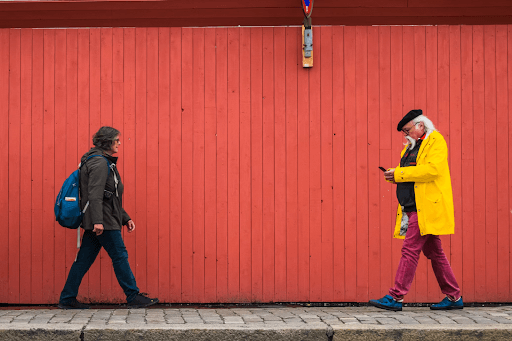
Are Falls a Normal Part of Aging?
Are Falls a Normal Part of Aging?
Are falls a normal part of aging? They are common, but they don’t have to be. According to the CDC, each year about 3 million older adults are treated in emergency departments because of an injury from a fall. Falls are the leading cause nonfatal injuries among older adults. Most falls occur in older adults who have one or more physical conditions that impair mobility or balance. Falls can end in trauma, with one out of every five falls results in an injury like a broken bone or head injury.
Falls are not a normal part of aging. Many older adults fear falling, which impacts their activities and quality of life, but they don’t need to fear. Here are things that you can do to help prevent falls for the older adults in your life:
- Balance is essential. Keep strong with exercise. Always rise slowly after sitting, eating or lying down to avoid becoming dizzy or losing balance. A physical therapist can help with balance exercises.
- Schedule an eye exam each year to ensure that the prescription for glasses or contacts is current and for early detection of conditions that could limit vision. Vision problems are risk factors that contribute to the risk of falling.
- Stairs can pose dangers. Ensure that handrails are secure. Repair uneven or loose steps. Anti-slip treads can make wood stairs safer. Inspect stairs for ripped or worn carpeting. Installing grab bars can also enhance safety.
- Shoes with traction can help mitigate falls.
- Place nightlights strategically in places that are visited frequently at night. Proper lighting is a key aspect of falls prevention.
- In the kitchen, keep items used often on lower shelves to limit the use of step-ladders.
- Use medication with care, as improper use and handling can cause safety concerns. Always follow medication directions and check expiration dates. Store them properly. If you transfer medication to a new container, label it with the name of the medication, dose and expiration date. Certain medications can affect blood pressure which can increase the risk of falls.
- Participate in falls prevention programs to help older adults stay safe.
- Implement fall prevention strategies, including exercise, home modifications, and regular health check-ups.
- Visit their home and make necessary modifications to reduce falls risk.
- Report falls to healthcare practitioners and follow their advice to prevent future falls.
- Address older adult falls with multi-disciplinary approaches to manage and prevent them.
CarePatrol Can Help With Fall Prevention Strategies and Senior Care Solutions
CarePatrol has been helping to give families peace of mind for over 30 years, matching older loved ones to the right senior care options, tailored to their health needs, personal preferences and finances. We rely on our discovery process and over 20,000 pre-screened communities to empower families, just like yours. Best of all, our expertise and services are at no cost to the families we serve. Let us guide you through the process of finding senior care including Assisted Living, Independent Living, Memory Care, Nursing Homes and more.